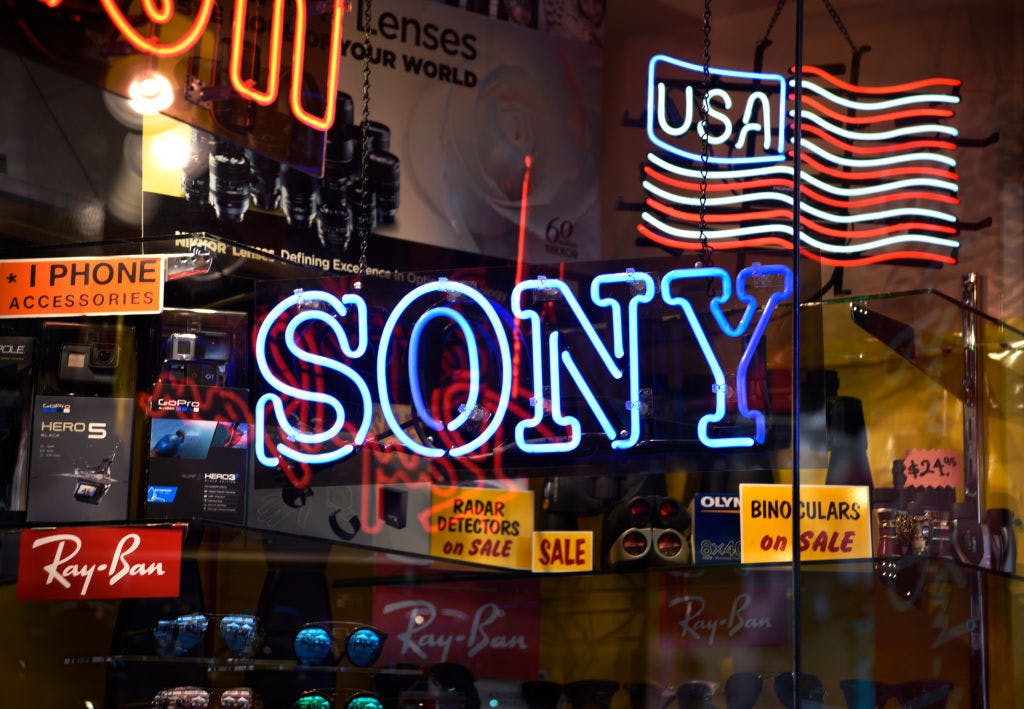American-made PS5s apparently aren’t off the table for Sony
Sony issued a dampened gaming outlook on Wednesday, likely thanks to tariffs and the “GTA 6” delay.
With tariffs crunching all aspects of the video game industry, Sony is leaving every option on the table.
According to the investor call following Sony’s earnings report on Wednesday, that includes Made-in-America PS5s.
“Gaming consoles... can be produced locally. I think that would be an efficient strategy,” Sony CEO Hiroki Totoki said. “Whether it’s going to be manufactured in the US or not, it needs to be considered going forward.”
It’s a shocking — and probably very unlikely — scenario, but it does reflect just how damaging tariffs could be for the video game industry, as the US is the biggest market for consoles. Currently, the majority of PS5s are made in China and subject to a recently lowered 30% tariff.
For an idea of just how much more a US-built PS5 would cost, look to the 90% spike BofA analysts estimated for iPhones built in the country. Suffice it to say: controller stick drift would become even more financially devastating.
US production aside, Sony estimated that PS5 sales would fall to 15 million units in fiscal year 2025, down 19% from the year that just wrapped up. That figure would see the PS5 begin to lose ground on the PS4’s sales pace. Tariffs squeezing consumer wallets and the delay of “GTA 6” (to outside of Sony’s 2025 fiscal year) are likely playing a major role in the anticipated decline.
Sony, which already hiked PS5 prices in Europe, Australia, and New Zealand, said that further upward cost adjustments are also on the table. Earlier this month, Microsoft boosted the price of Xboxes by $100 in the US. Games will also see a spike, rising to $80 this holiday season.
Nintendo’s upcoming Switch 2 was also widely expected to see a tariff-related hike, but customers were essentially saved by the bell. In its recent earnings call, Nintendo President Shuntaro Furukawa said Nintendo didn’t want to hurt sales volume in a launch year:
“Our basic policy is that for any country or region, if tariffs are imposed, we recognize them as a part of the cost and incorporate them into the price. However, this year marks our first new dedicated video game system launch in eight years, so given our unique situation, our priority is to maintain the momentum of our platforms...
Consequently, if the assumptions on tariffs change, we will consider what kind of price adjustments would be appropriate.”
